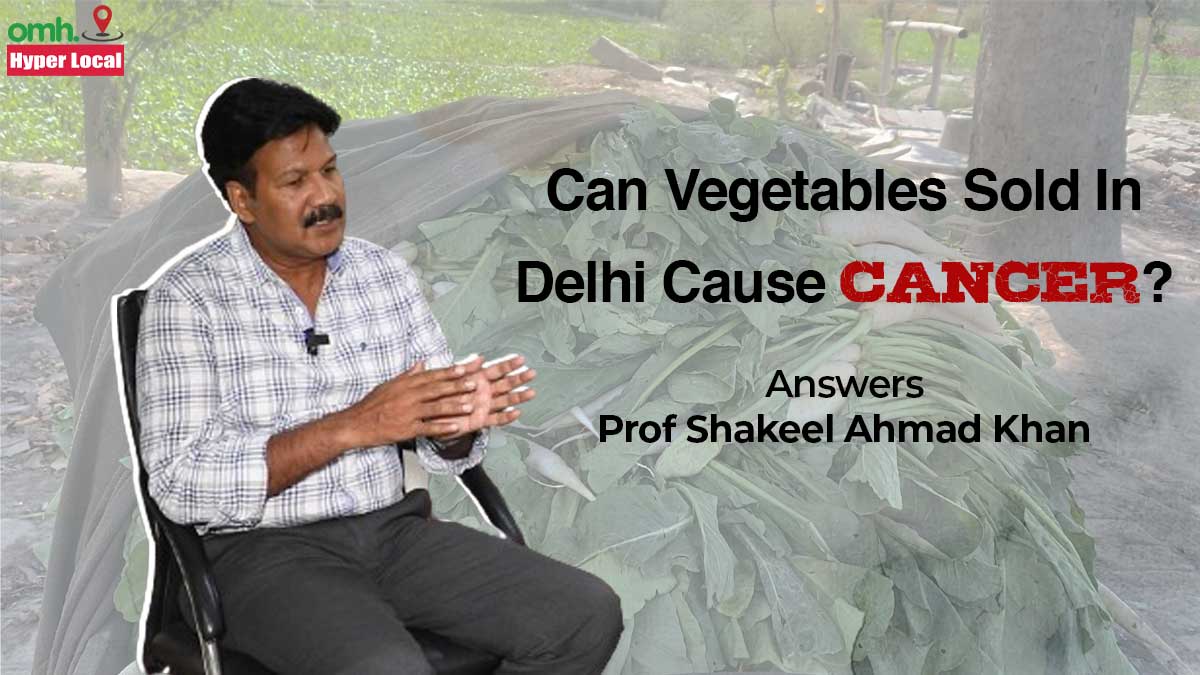
Concerns about heavy metals and contamination in Delhi vegetables are a cause for worry. This article dives into the issue with insights from Dr. Shakeel Ahmad Khan, a leading scientist at ICAR-Indian Agricultural Research Institute, New Delhi.
Table of Content:-
Heavy Metals in Vegetables: Cause for Alarm?
The study reveals the presence of heavy metals in the soil along the Yamuna riverbank, a prime location for vegetable farming in Delhi. However, Dr. Khan offers a calming perspective: "We have reported that heavy metals are present in the soil. But the concentration of heavy metals in vegetables is not so much that it is a hazard to your health."
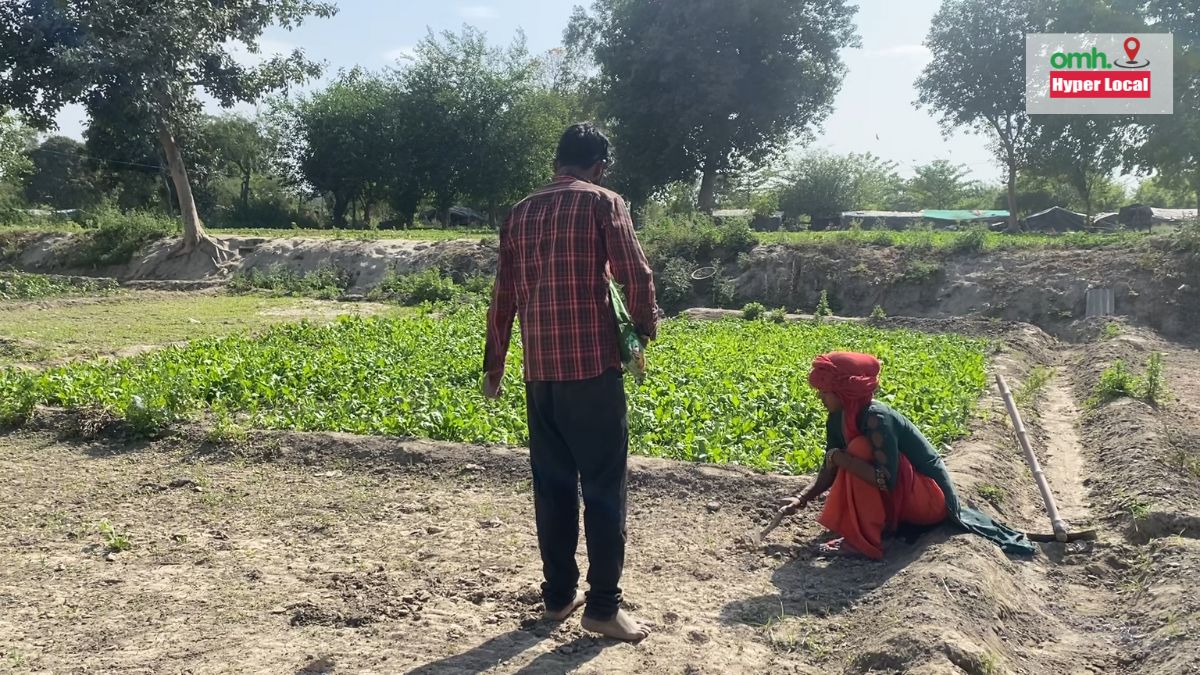
He emphasizes that not all vegetables absorb these metals equally. "See if there are heavy metals in the soil, they will seep into the vegetables. But you have to understand the kinetics of how these metals seep into the produce. The heavy metals mostly seep into the stem of the plant but do not necessarily enter the fruit or the vegetable that will be consumed by us."
Dr. Khan highlights the importance of proper testing methods to ensure accurate results. "That is why it is very crucial that when we test such vegetables in the lab, we have to pay attention to which part of the vegetable we are actually testing. And these labs also have to be NABL accredited. Only then can the report be considered authentic."
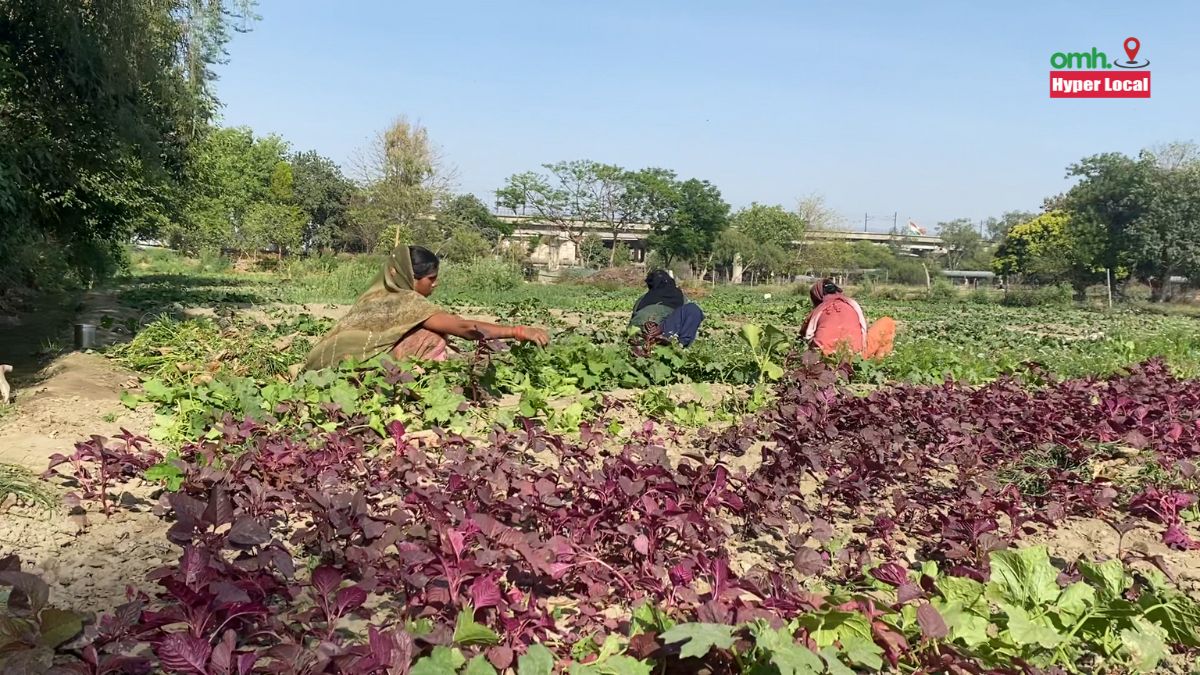
Pesticides: A Bigger Threat
While heavy metals raise concerns, Dr. Khan identifies a more significant threat: unregulated pesticide use. "Apart from heavy metals, the pesticides used during farming are also very harmful to the body."
He points out the challenges due to the unorganized farming sector: "FSSAI has set an extremely stringent limit on how much and which pesticides can be used to grow fruits and vegetables... But the issue is that most of the farming sectors are unorganised and the farmers are illiterate. So it is hard to verify how much pesticides are being used."
Dr. Khan recommends following the FSSAI's MRL (Maximum Residual Limit) guidelines. He also advises extra caution with certain vegetables: "ICAR has done a report on this as well and found that the maximum number of pesticides are used in chillies, the second is brinjal, then cruciferous vegetables like cabbage, cauliflower, and broccoli, and the fourth is okra. So it is advisable to wash these vegetables specifically more thoroughly before consuming them."
Also Read: #OMHHyperLocal: Mitigating The Impact Of Heavy Metals Found In Vegetables Sold In Delhi Markets
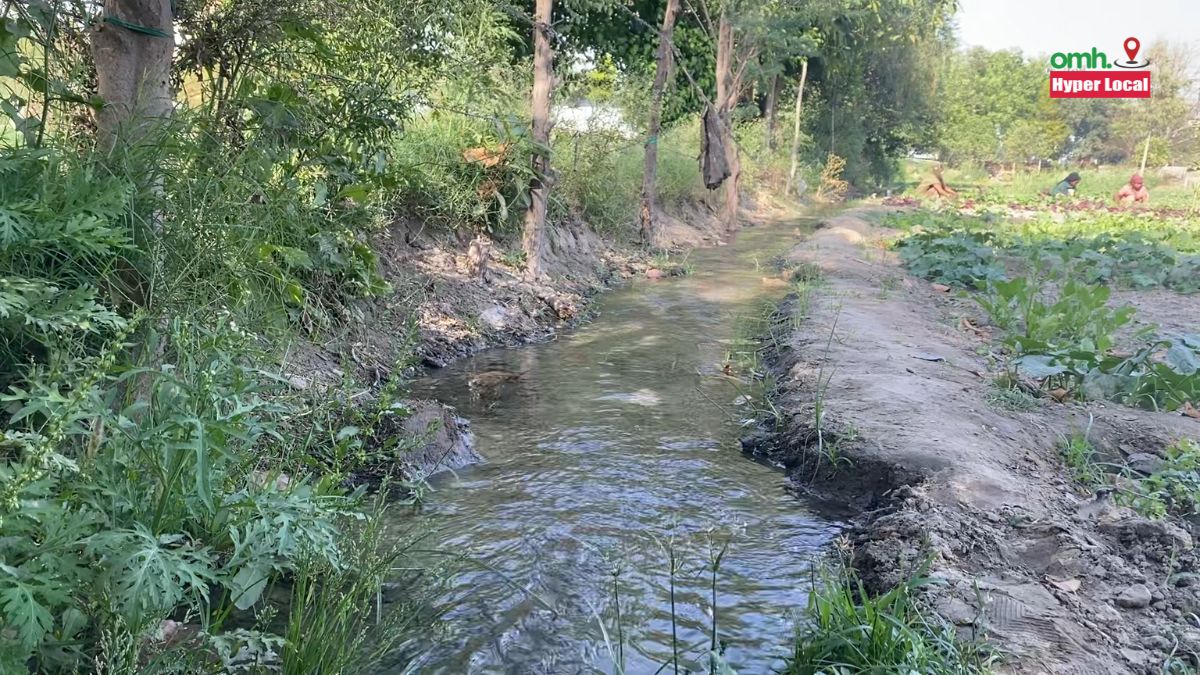
Beyond the Farm: Contamination During Transport and Storage
The article highlights that contamination risks extend beyond the farm. Dr. Khan reveals a disturbing practice: "We have done studies on this and the worst case happens in vegetables like cabbage and cauliflower... Recently we conducted a study and I even saw this when I visited the sites personally. So basically in the case of vegetables like cabbage and cauliflower in the Ajadpur mandi I saw, that they use a sheet of Melathion to protect the vegetables from going stale."
Dr. Khan emphasizes the need for stricter regulations: "FSSAI has enforced regulations on the way these vegetables are handled as well. The FSSAI needs to put more focus and pay a little more attention on verifying and regulating the sale of these vegetables."
Also Read: #OMHHyperLocal: Heavy Metals Found In Vegetables Grown On Yamuna Bank, Reveals Lab Report
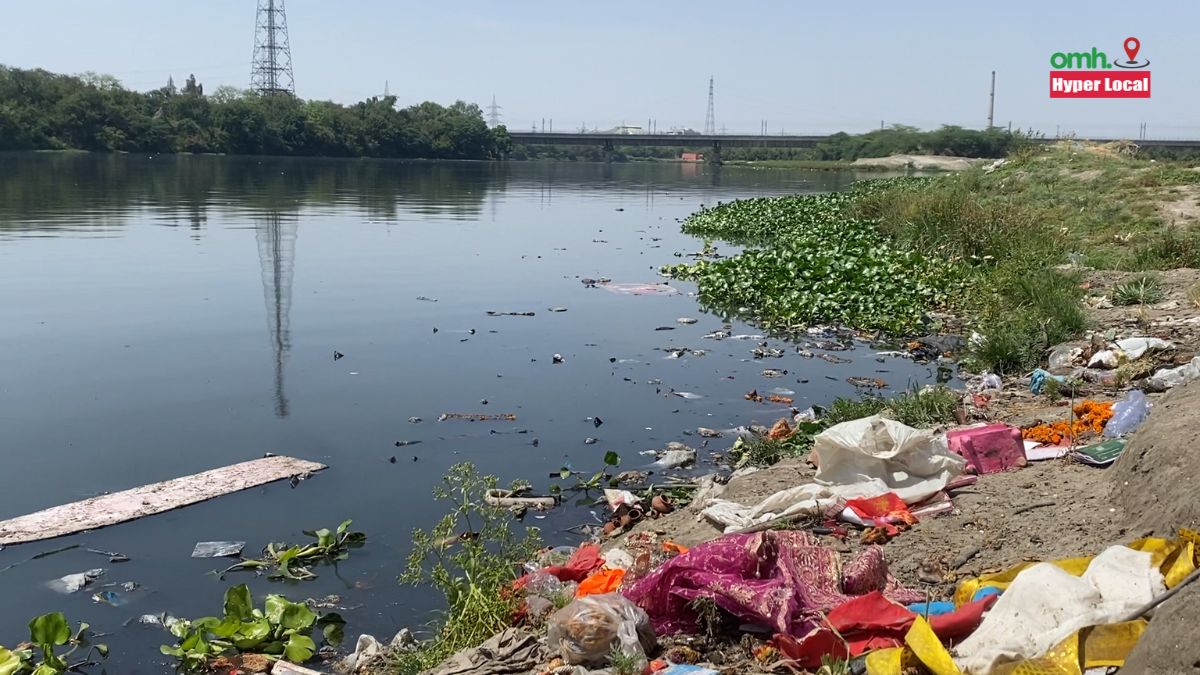
Fertilizers and Contamination: A Myth Busted
Dr. Khan dispels a common concern: "Out of all the urea used to grow the vegetables and fruits, 40-60% is lost to the environment... So it has more of an impact on the environment as it causes air pollution or pollutes the groundwater, but does not have so much effect on the vegetables or our health."
The Urgent Need for Safeguarding Vegetable Safety
The article exposes a critical gap in regulations: "There are no such regulations to ensure safety [of vegetables]... FSSAI has mostly enforced regulations on packaged food."
Dr. Khan proposes a proactive solution: "I feel the government should establish an entirely new department to oversee the safety of farm produce." He emphasizes the importance of educating farmers: "It is crucial to make the farmers aware that their standard of practice while growing vegetables can severely affect the health of the public."
The Road to Safer Vegetables
By following Dr. Khan's recommendations, including stricter regulations, improved testing methods, educating farmers, and establishing a dedicated oversight department, consumers can be more confident about the safety of the vegetables they buy in Delhi.
Also watch this video
Read Next
Difficulty Opening Your Mouth? Here Are The Causes Of A Locked Jaw And Effective Relief Tips
How we keep this article up to date:
We work with experts and keep a close eye on the latest in health and wellness. Whenever there is a new research or helpful information, we update our articles with accurate and useful advice.
Current Version
